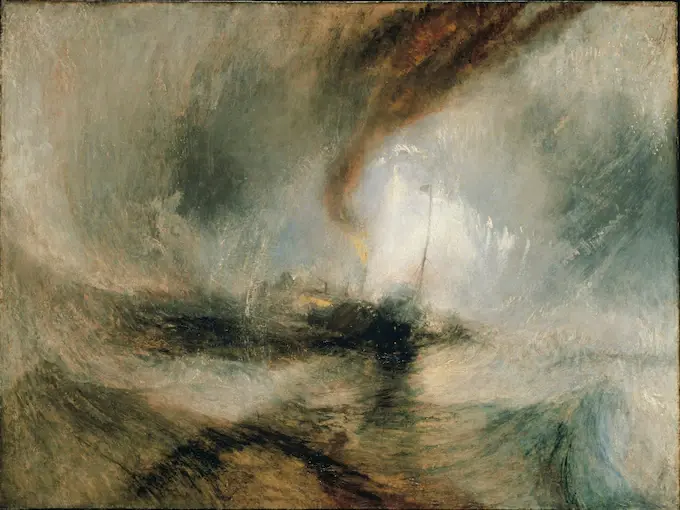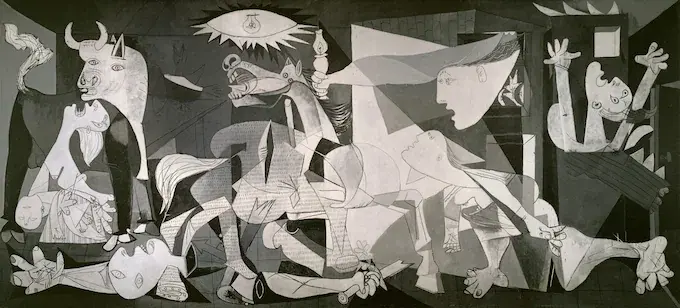Verum Insights....
- Marcus Nikos
- Mar 9, 2025
- 2 min read

“His unrivaled genius as an ideological novelist was this capacity to invent actions and situations in which ideas dominate behavior without the latter becoming allegorical. He possessed what I call an eschatological imagination, one that could envision putting ideas into action and then following them out to their ultimate consequences. At the same time, his characters respond to such consequences according to the ordinary moral and social standards prevalent in their milieu, and it is the fusion of these two levels that provides Dostoevsky's novels with both their imaginative range and their realistic grounding in social life.”
The atmosphere of man’s soul is composed of the union of heaven and earth; what an unnatural child man is; the law of spiritual nature is broken… It seems to me that the world has taken on a negative meaning, and that from roof hi, refined spirituality there has emerged satire.”
Dostoyevsky was beginning to think of human life as an eternal struggle between the material in the spiritual in man’s nature; and he would always continue to regard the world as a Purgatory, who's trials and triangulations serve the supreme purpose of more purification.”
“The suffering of the world, the mystery of the universe, the impulse towards the sublime in love and heroism, the grief and despair over a dreamt of but unattainable beatitude, the hamlet-like visits to cemeteries, the romantic parlour, romantic beards, and romantic haircuts-all these and similar things gave evidence of restive spirits. It was expected and feared that they would join conspiratorial sects and rise with arms in their hand the moment they had the chance.”
“Rise, prophet, rise, and hear, and see, And let my words be seen and heard By all who turn aside from me. And burn them with my fiery word.”

